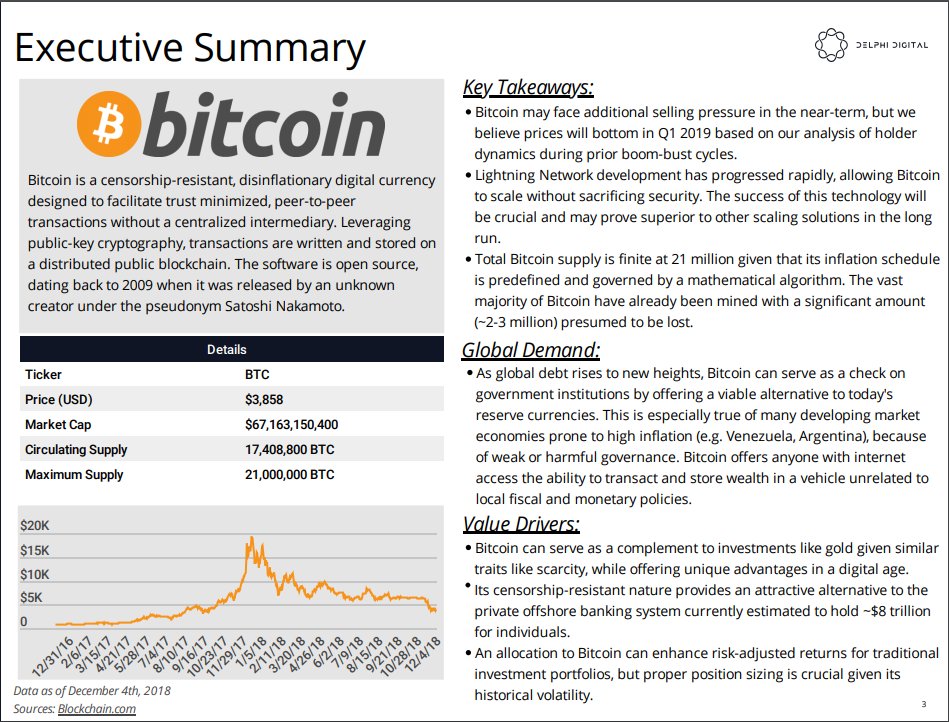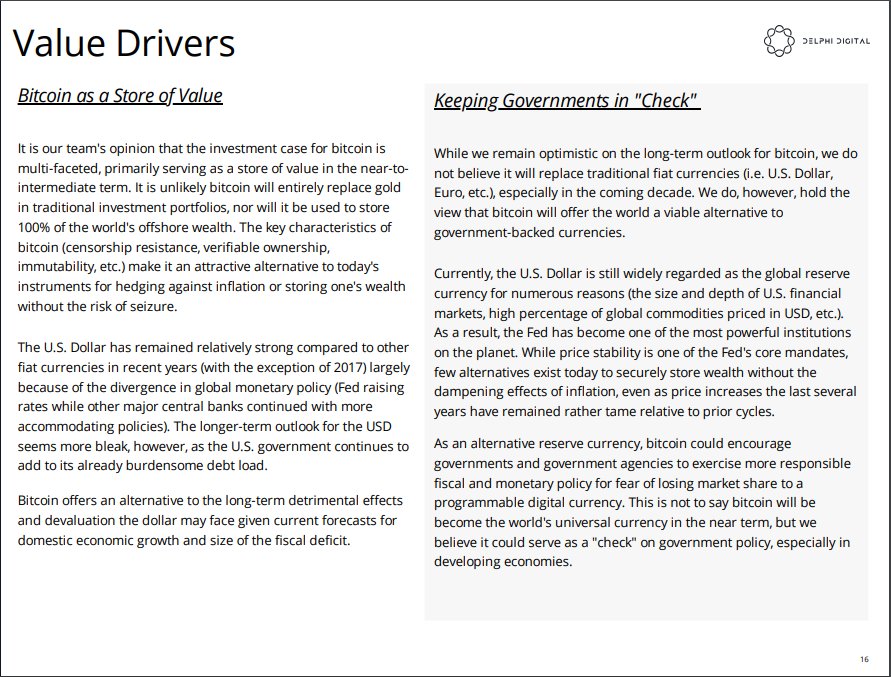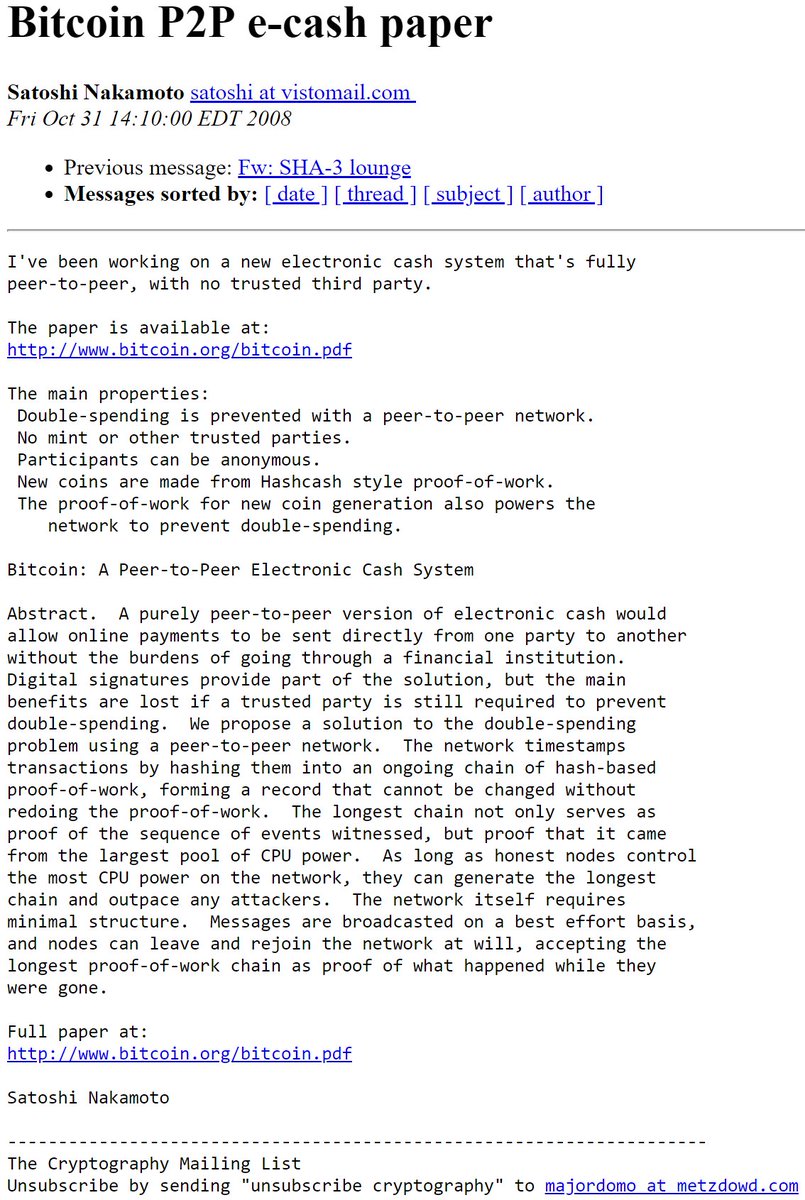Split the BTC in small amounts. Send some to random addressess. Send others to addresses controlled by the sanctioned party.
Now, let's imagine that the sanctioned party decides to provide a "service" based on P2EP.
For whatever reason, Alice sends some bitcoins to Eve. Later on, Eve sends these bitcoins to the sanctioned party with a P2EP transaction.










